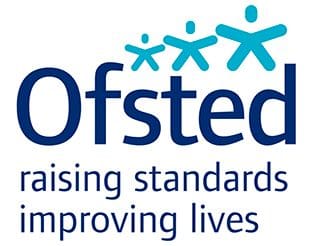
1. SEND
While pupils with special educational needs or disabilities (SEND) are highly likely to need much more frequent repetition, the general principles from research into effective teaching are just as relevant for pupils with SEND, whether learning English or any other subject, Ofsted said.
It adds: “Research shows that pupils with SEND do not generally benefit from differentiated teaching, activities or resources to achieve a curriculum goal.”
2. Closing the word gap is ‘vital’
Developing vocabulary is fundamental to pupils’ progress and narrows the word gap between pupils who are word-rich and word-poor, the review finds.
It highlights how a survey of teachers reported overwhelmingly that, if pupils have limited vocabulary, this affects their progress in history.
The review also warns that the gap between those who are word-rich and those who are word-poor correlates with lasting socioeconomic and health inequalities. Children with a language deficit at the age of 5 are four times more likely to have reading difficulties when they are adults.
The review adds: “Narrowing the word gap between pupils who are word-rich and word-poor is vital. Vocabulary development and wider language development feed into reading and writing.
3. A reading curriculum should contain texts of increasing challenge
Ofsted says that throughout the curriculum, the choice of texts studied is critically important.
The inspectorate says that an effective English curriculum will feature increasingly challenging texts at each stage.
It adds: “Different factors contribute to the challenge of a text. A clear understanding of this enables the construction of a curriculum that builds readiness for future reading.” What whole texts are you reading in history?
4. Teachers should model spoken language
Opportunities for pupils of all ages to develop their proficiency in spoken language should be planned carefully, both in English lessons and in subjects such as history, the review says.
Classroom activities should allow opportunities for teachers to model competence as a speaker and listener. This modelling contributes significantly to developing pupils’ spoken language.
Ofsted says teachers should therefore model language forms that pupils might not encounter away from school, as well as introducing potentially unfamiliar vocabulary.History offers a rich vein of such language.

